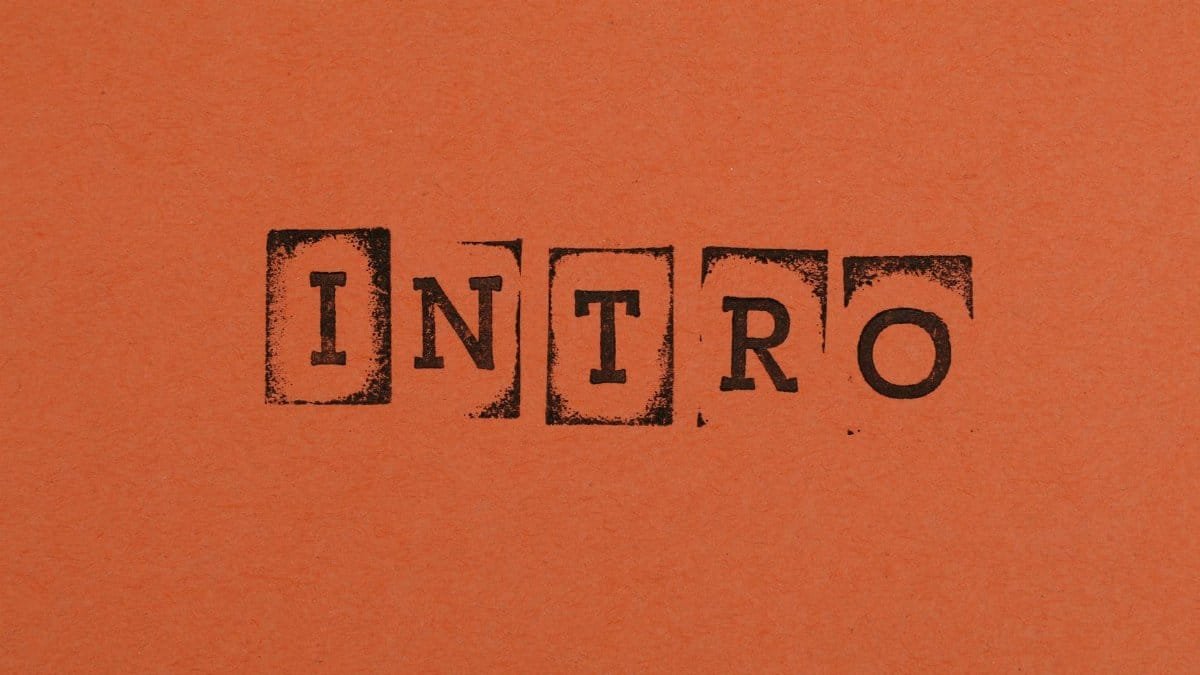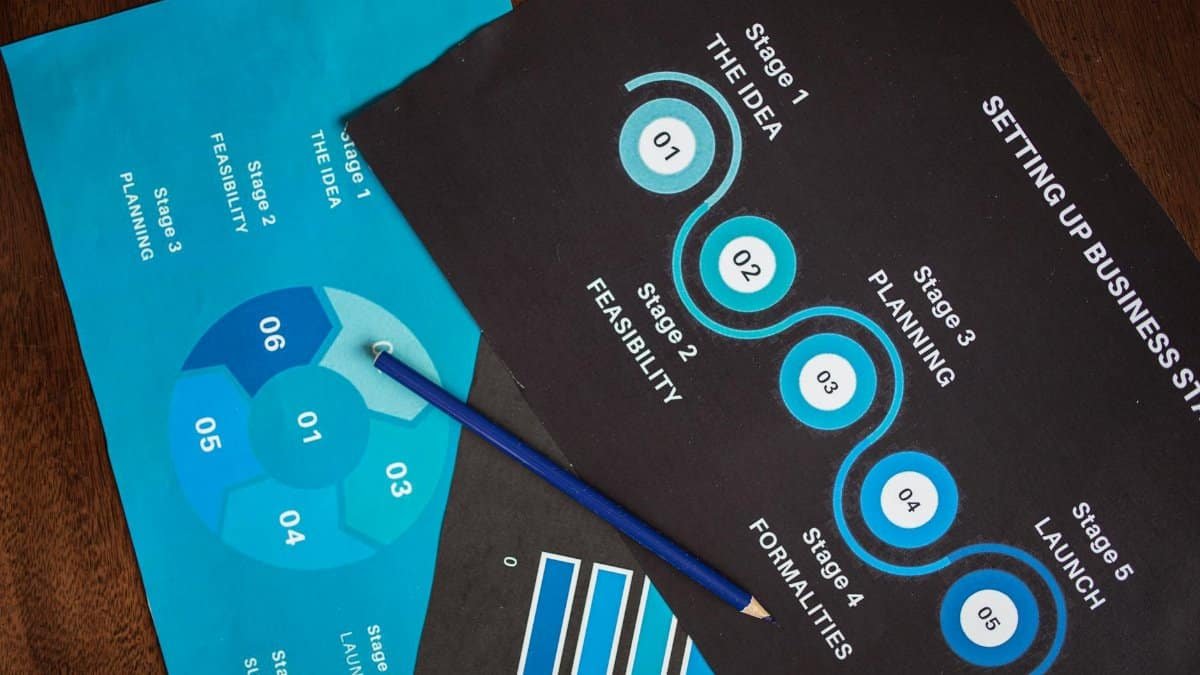Intro

New data shows 40% of Americans report missing toxic ex-partners, according to a recent survey by the American Psychological Association. This emotional tug-of-war often signals deeper internal work. Awareness selfcare steps in here, helping individuals process these feelings without self-judgment. It’s not about suppressing emotions but understanding their roots. As mental health experts note, this paradox can lead to profound personal growth if approached mindfully.
Understanding the Emotional Paradox

Missing someone who caused pain feels counterintuitive. Psychologists explain it’s tied to attachment bonds formed during intense relationships. These bonds don’t vanish overnight, even after betrayal or abuse. The brain’s reward system can trigger nostalgia for the good moments, overshadowing the bad. This isn’t weakness; it’s human wiring. Recognizing this helps break the cycle of rumination.
In 2025, with rising mental health awareness, more people turn to therapy to unpack these emotions. Studies from the National Institute of Mental Health highlight how unresolved attachments contribute to anxiety and depression. Addressing them directly fosters resilience.
The Role of Attachment Styles

Your attachment style, shaped in childhood, influences why you miss harmful people. Anxious attachments often lead to idealizing past relationships, while avoidant ones might suppress feelings until they erupt. Secure attachments recover faster, but everyone can learn tools to shift patterns.
Research from American Psychological Association’s Attachment Resources shows that understanding your style reduces emotional dependency. Practicing self-compassion, a key element, turns missing into a learning opportunity.
Signs It’s More Than Just Nostalgia

When missing turns obsessive, it might indicate unresolved trauma. Frequent dreams, social media stalking, or idealizing the person are red flags. These behaviors can stall healing and invite repeated pain.
Experts from the Mayo Clinic advise journaling to differentiate genuine longing from habit. Their resources emphasize that persistent thoughts often mask unmet needs, like validation or security, that awareness selfcare can address through targeted practices.
Why Self-Care Matters in Healing

Awareness selfcare isn’t fluffy advice; it’s a practical toolkit for emotional recovery. It involves tuning into your feelings without judgment, perhaps through meditation or therapy. This approach helps rewire responses to painful memories.
A study published in the Journal of Clinical Psychology found that mindfulness-based self-care reduces symptoms of post-traumatic stress by 25%. Linking back to missing someone harmful, it empowers you to choose healthier connections moving forward.
Practical Steps to Process These Feelings

Start small: Set boundaries on thoughts about the person. Limit exposure to triggers like old photos or mutual friends. Replace rumination with activities that build self-worth, such as exercise or hobbies.
Incorporate daily affirmations to reinforce your value. Therapists recommend cognitive behavioral techniques to challenge distorted memories. Over time, these steps diminish the emotional pull, making space for genuine peace.
The Impact on Mental Health

Ignoring these feelings can lead to chronic stress, affecting sleep and concentration. Conversely, confronting them through awareness selfcare boosts overall well-being. It’s linked to lower rates of depression, per data from the Centers for Disease Control and Prevention.
In 2025, telehealth options make accessing support easier. Programs focusing on emotional awareness help users navigate complex feelings, turning pain into empowerment.
Common Challenges and How to Overcome Them

Guilt often accompanies missing a hurtful person, leading to self-blame. Combat this by seeking professional guidance. Support groups provide validation that you’re not alone.
Another hurdle is societal judgment, but remember healing is personal. Resources from National Institute of Mental Health’s PTSD Page offer evidence-based strategies to rebuild trust in yourself.
Building Healthier Relationships Ahead

Once processed, these emotions pave the way for better partnerships. Awareness selfcare teaches red flags to spot early, like inconsistency or manipulation. It encourages setting standards based on self-respect.
Long-term, this leads to fulfilling connections. Relationship experts note that those who work through past hurts report higher satisfaction in new bonds, backed by longitudinal studies on emotional recovery.
Real-Life Examples of Transformation

Take Alex, a 35-year-old from New York, who missed an abusive ex for months. Through therapy and mindfulness apps, he reframed the longing as a signal to address his fears of abandonment. Today, he’s in a stable relationship, crediting self-awareness for the change.
Stories like this are common in support forums, illustrating how confronting pain leads to freedom. It’s a reminder that missing doesn’t define you; your response does.
When to Seek Professional Help

If feelings persist and interfere with daily life, consult a therapist. Signs include isolation or recurring depression. Early intervention prevents escalation.
Organizations like the Substance Abuse and Mental Health Services Administration offer hotlines and referrals. In 2025, with expanded mental health coverage, help is more accessible than ever, ensuring no one navigates this alone.
